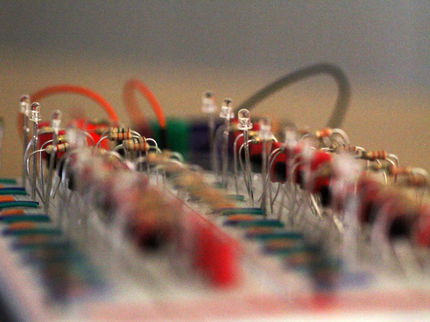Rhenovia opens its biosimulation platform for collaborative projects to optimize CNS drug discovery and development
Advertisement
Rhenovia Pharma SAS announced that it is offering its first biosimulation platform for use in collaborative projects to optimize drugs targeting diseases of the central nervous system.
The Rhenovia platform is being made available as part of the company's RHEDDOS program. Developed over the last three years the platform, RHENOMS SYNAPSE, is one of the most advanced systems that exploit the complexity of biology systems and the multifactorial nature of brain diseases. The platform models synaptic transmission and simulates brain functions, such as learning and memory, and their pathological states. It works by integrating elementary models of molecular processes taking place at individual synapses and incorporating them into a global model of synaptic transmission.
This technology developed by Rhenovia allows testing the pharmacological properties of a molecule based on its actions on physiological functions. It does this by taking account of how a molecule interacts dynamically with the whole CNS. It can handle multiple facets of a disease by searching for combinations of drugs that act simultaneously on multiple targets, and by identifying optimal combinations of two or more drug principles that together provide synergistic pharmacological effects. Rhenovia's platform can be applied in discovery, preclinical and clinical stages - and to drugs already on the market. Typical applications are boosting the activity of drug candidates already in clinical trials, extending the life cycle of a drug, identifying the best molecular targets for drugs under development, and evaluating effective drug combinations.
The company has already carried out pilot projects with Sanofi-Aventis, which have provided successful proof of concept on the pharmaceutical company's molecules in Phase I-II for cognitive deficits, and the company expects to announce further projects that use its platform.

























































